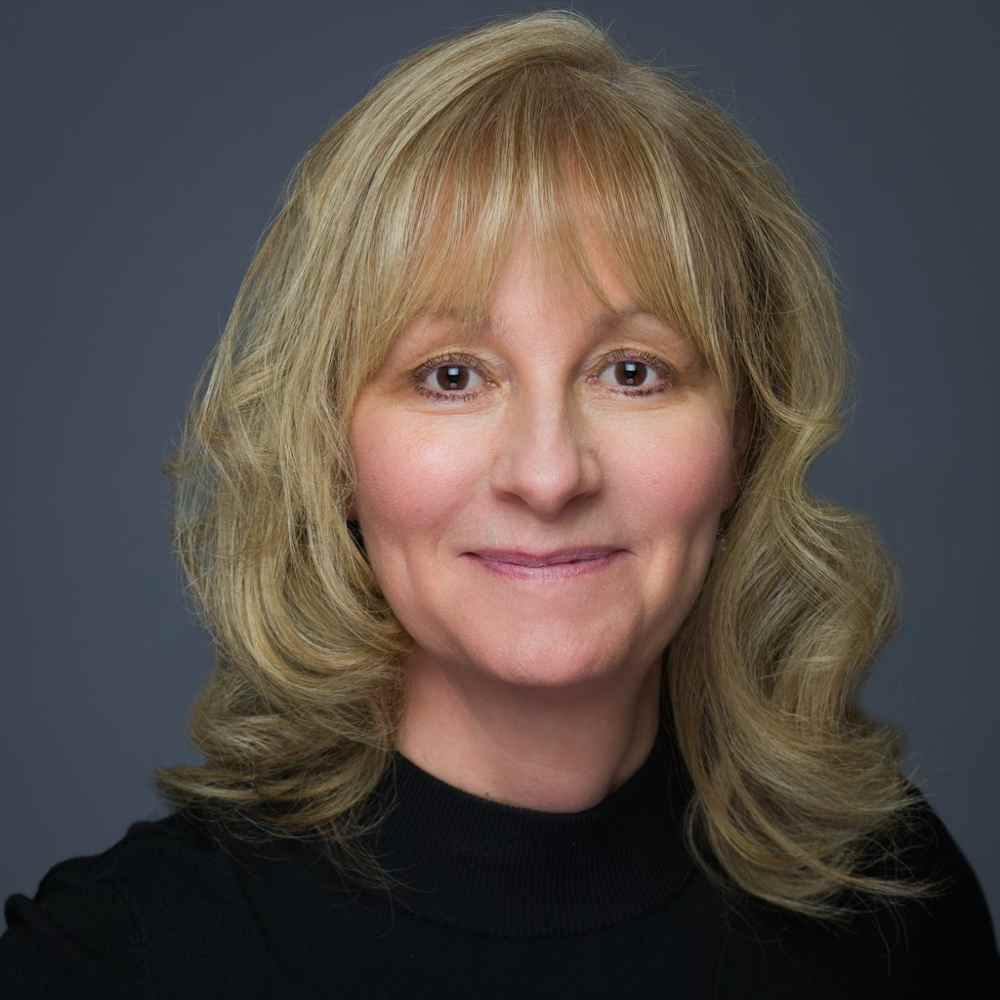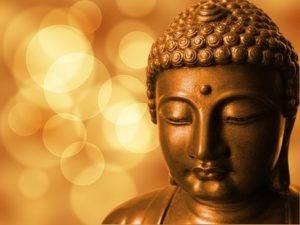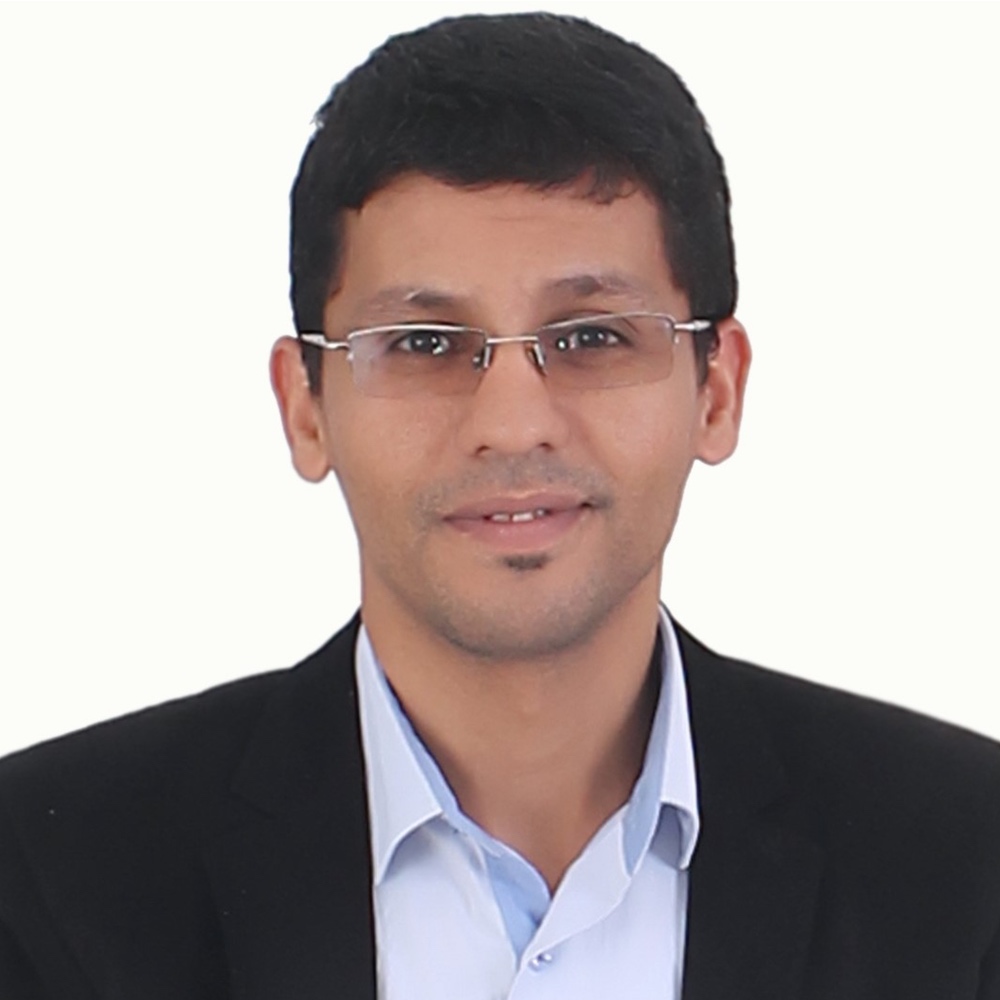 Sometimes You Have to Find the Right Person…
Sometimes You Have to Find the Right Person…
by Theodora Papapanagiotou.
When I first saw the theme of this issue, it seemed like a topic for an elementary school essay. A description. But it’s probably more than just a description. It is a story about one of the people who influenced you the most. In the end, this is what all of us do – influence the students we teach.
I always say that after I teach my students for a while, eventually they get my quirks. I am just joking, of course, but in fact, getting influenced by the people you spend a lot of time with is inevitable. In this post I want to talk about my first and only German teacher. I studied the language with university professors after my time with her, but Ms Mary was the only person who actually taught me the language. And not only that.
Let’s start from the beginning. I was about 10. In Greece it is customary that children attend an extra language school, mostly to learn English. At that time I had already started learning English and I was actually pretty good at it. My parents decided that I should learn a second foreign language. Back then, the “extra” language was not necessary. In fact, almost nobody learned a second foreign language. And I had to do it!
Imagine how a typical ten-year-old would think: “All kids are out playing and I have to study German? More homework? And how about the pronunciation? What kind of language is that?” I couldn’t stand even listening to that language. Needless to say, I didn’t want to go. I shed a lot of tears before my first German lesson. I finally went, with my face down, and I swore I would be annoying so that the teacher would send me home.
Ms Mary owned a language school just across the street from my house. She was a middle-aged woman, her kids already grown-up. Very well dressed, she had short blonde hair, really modern make-up, and wore colourful glasses. She looked very impressive. There she was, waiting for me in her big school, with her big smile. All the walls inside the school were covered with posters and pictures, colours everywhere. It looked like a playground of some kind.
In our first lesson we started talking about Germany, about chocolate, about how easy it is to travel across Europe if you speak two languages. With that, she caught my interest. Learning a second language could make me special?! Was that possible?
Ms Mary was a very strict and traditional teacher. Her lessons included lots of pattern drills, learning by heart, and a good deal of writing. I had to be perfect. I had to learn really difficult texts by heart. I never understood why I had to do that, but believe it or not, when I had to “recite” my text, I remembered words, their meanings, and grammar. I could talk.
I continued having lessons with Ms Mary until the age of 17. She gradually became like family to me. We talked about the trips I wanted to take, my dreams and hopes and plans. She was there when I prepared for the university entrance exams. She was always there to help.
And with her help, I did it. I succeeded in my university entrance exams and started studying German literature and language. During my college years, I still had my notebooks with her notes and tips, which were a kind of a Bible for me. I continued to see her sometimes as I went by her school just to say hi. She was just across the street from my house anyway.
When I graduated, she offered me my first job teaching in her school. It was just one class that I taught for just a year. Ms Mary retired the following year and she closed down the school. That year was a wonderful experience for me. Somebody trusted me enough, a young person who had just finished her studies, and this was pretty big.
I will always treasure the relationship I had with my teacher. After all, she was the reason I am a teacher today.
I hope I can be like her some day.

 A Teacher Who Made a Difference
A Teacher Who Made a Difference Miss Brown
Miss Brown
 The Three Teachers
The Three Teachers